Day Off vs Off Day: Clear Meaning & Easy Examples
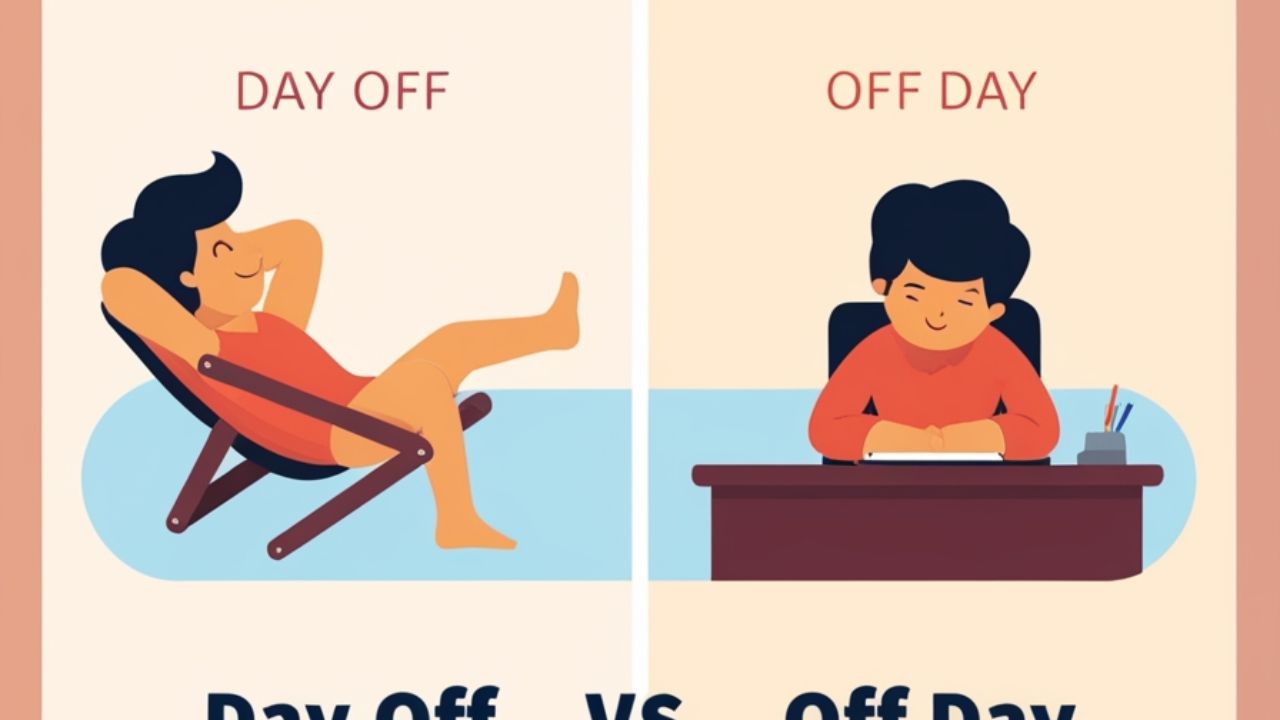
A day off means you don’t go to work or school because you’re resting or relaxing. People plan it ahead ...
Read more
Is It Correct to Say Thanks a Ton? Meaning & Usage

Thanks a ton is a short and friendly way to show big gratitude. People use it when they feel truly ...
Read more
Be Patient vs Have Patience: Key Difference Explained

The phrase Be Patient tells someone to stay calm and wait nicely. It describes how a person acts in the ...
Read more
Spectre vs Specter: Key Spelling Differences Explained
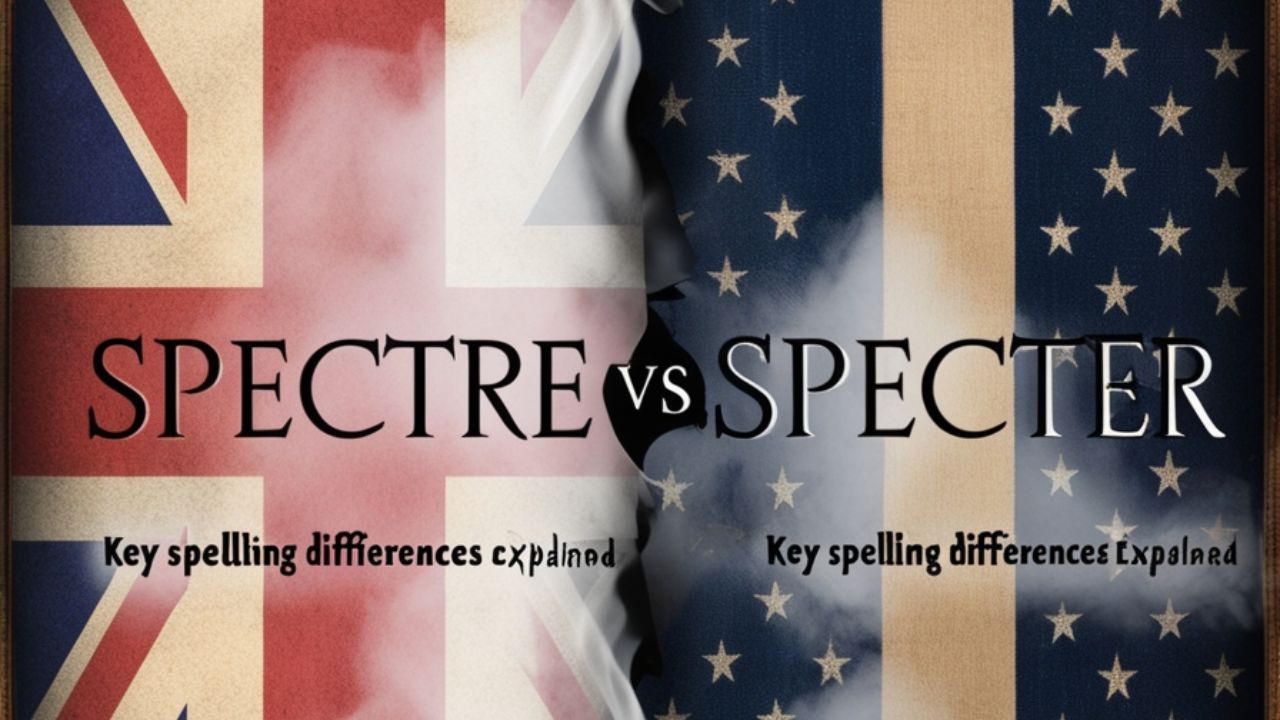
The words Spectre and Specter mean the same thing—a ghost or something scary—but people use them differently in different places. ...
Read more
Through the Roof Meaning & Examples Explained Simply
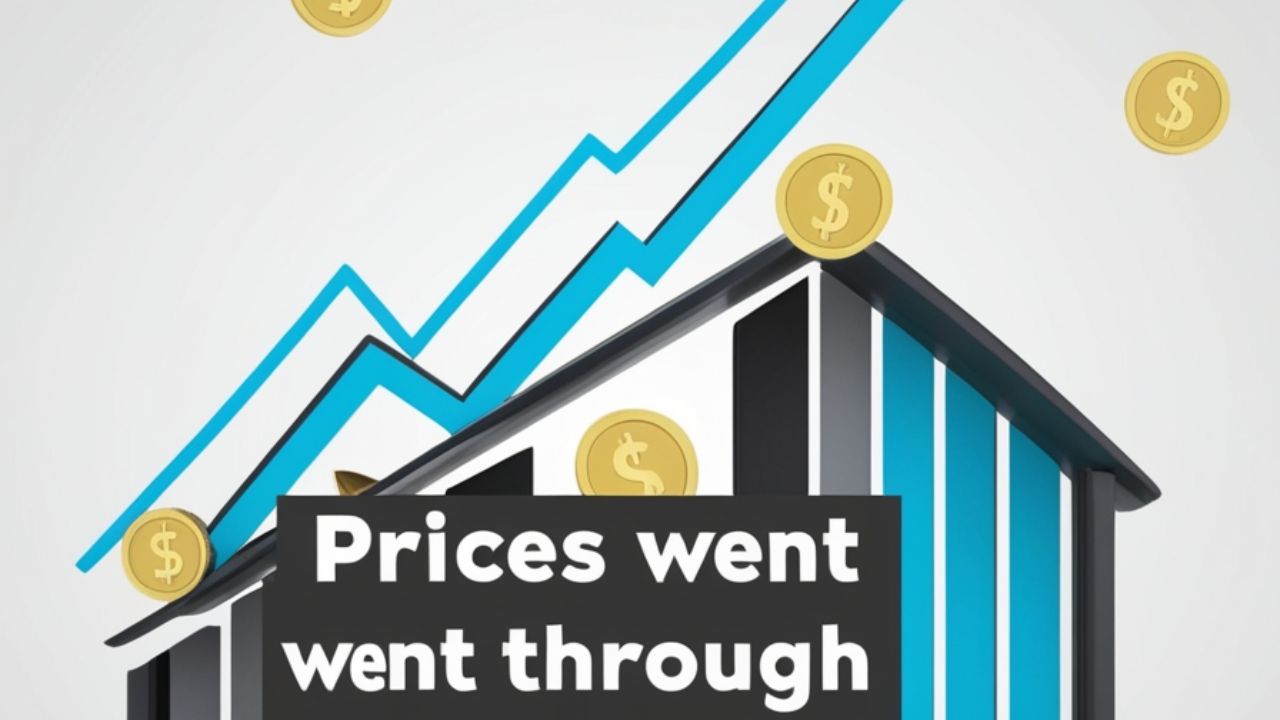
Through the Roof Meaning & Examples Explained Simply shows how people use a fun phrase to describe something that grows ...
Read more
A Hilarious or An Hilarious? Grammar Rule Explained
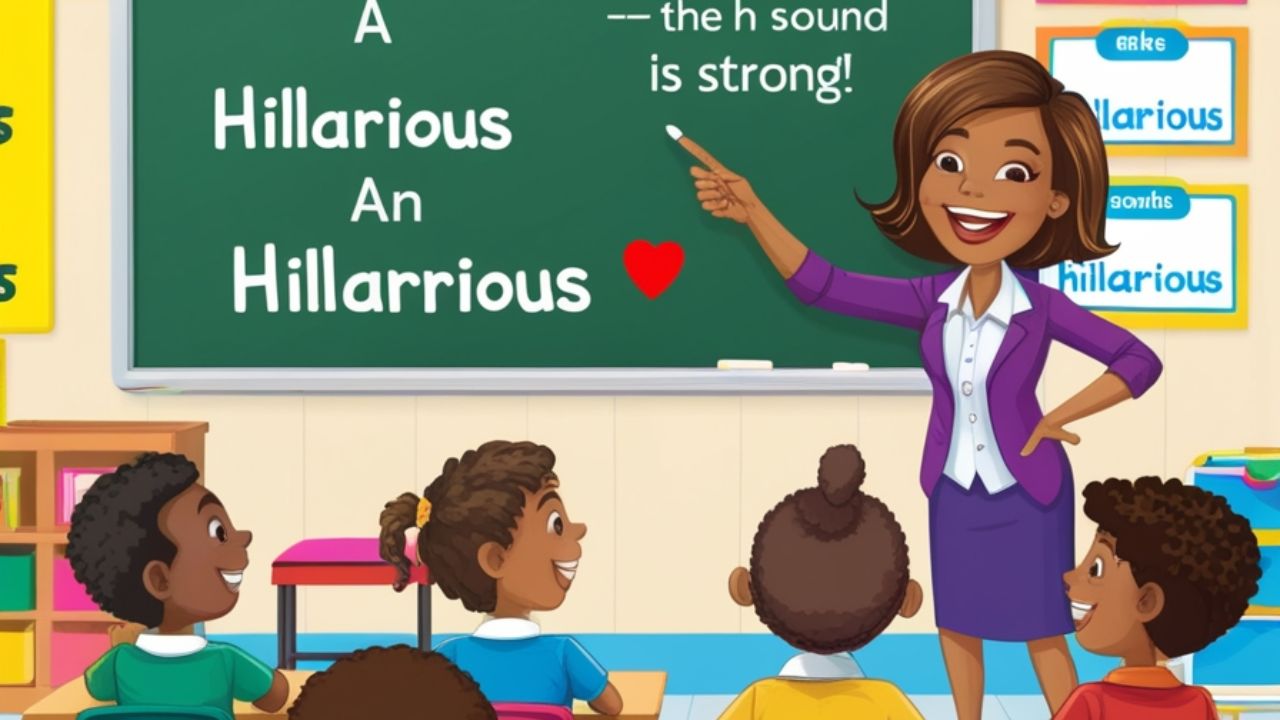
A hilarious word begins with a clear h sound, so we use a before it. When a word starts with ...
Read more
Where Are You Headed or Heading? Grammar Made Simple
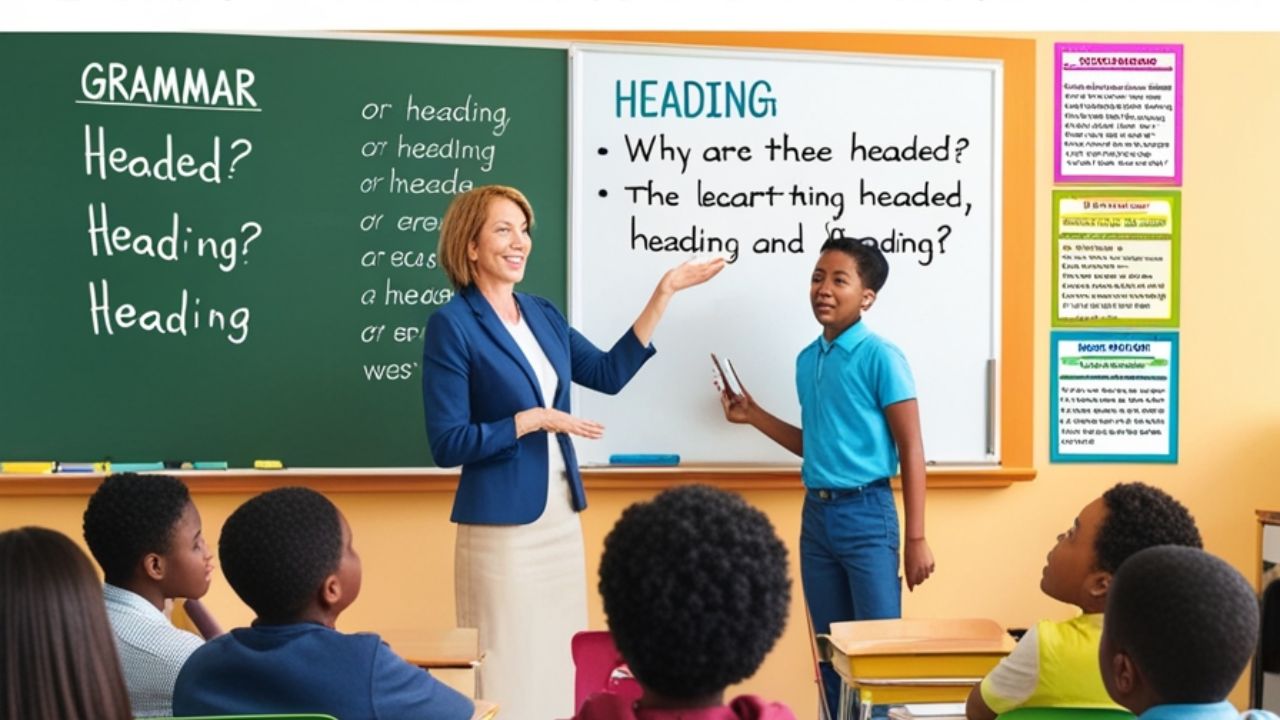
Many people use headed and heading when they talk about going somewhere. Both words come from the verb “to head.” ...
Read more
“Introduction To vs Introduction Of: Key Differences”
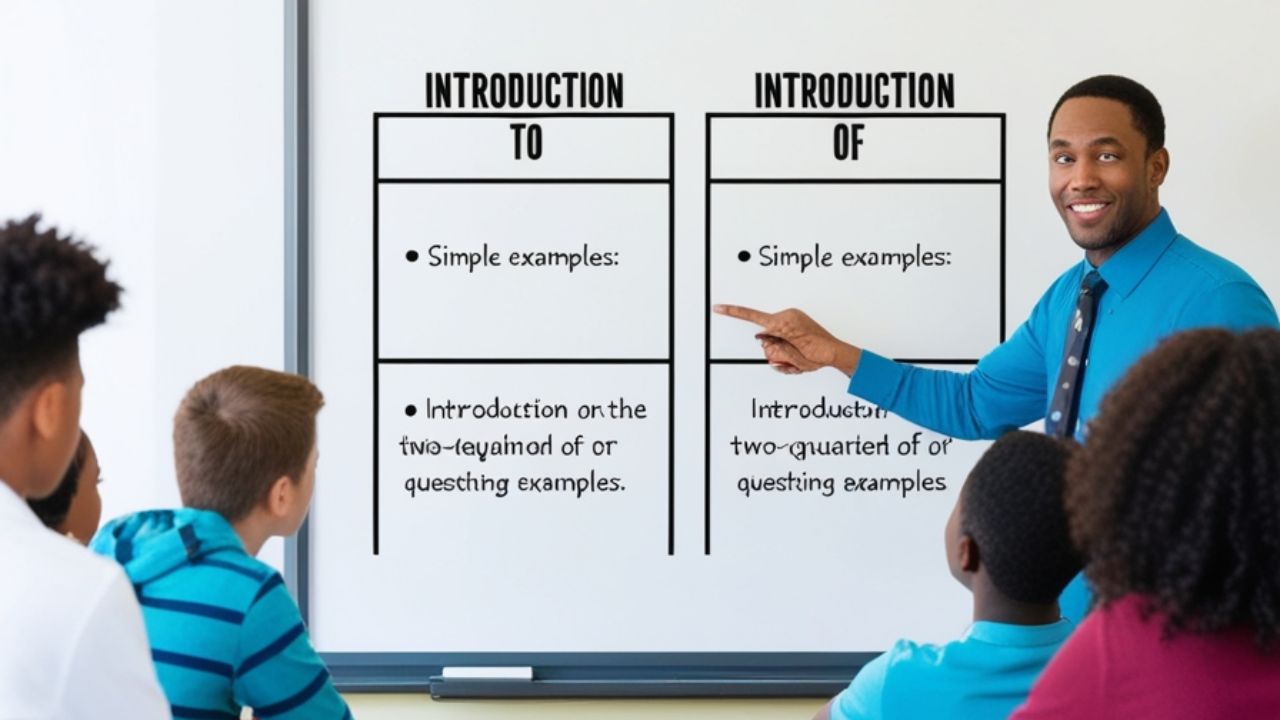
The word introduction helps us begin something new. When we use introduction to, it means showing or guiding someone toward ...
Read more
Is “I Am Very Much Looking Forward” Correct?

The phrase I am very much looking forward shows happiness about something that will happen soon. It tells that a ...
Read more
Spoilt vs Spoiled: What’s the Right Word to Use?
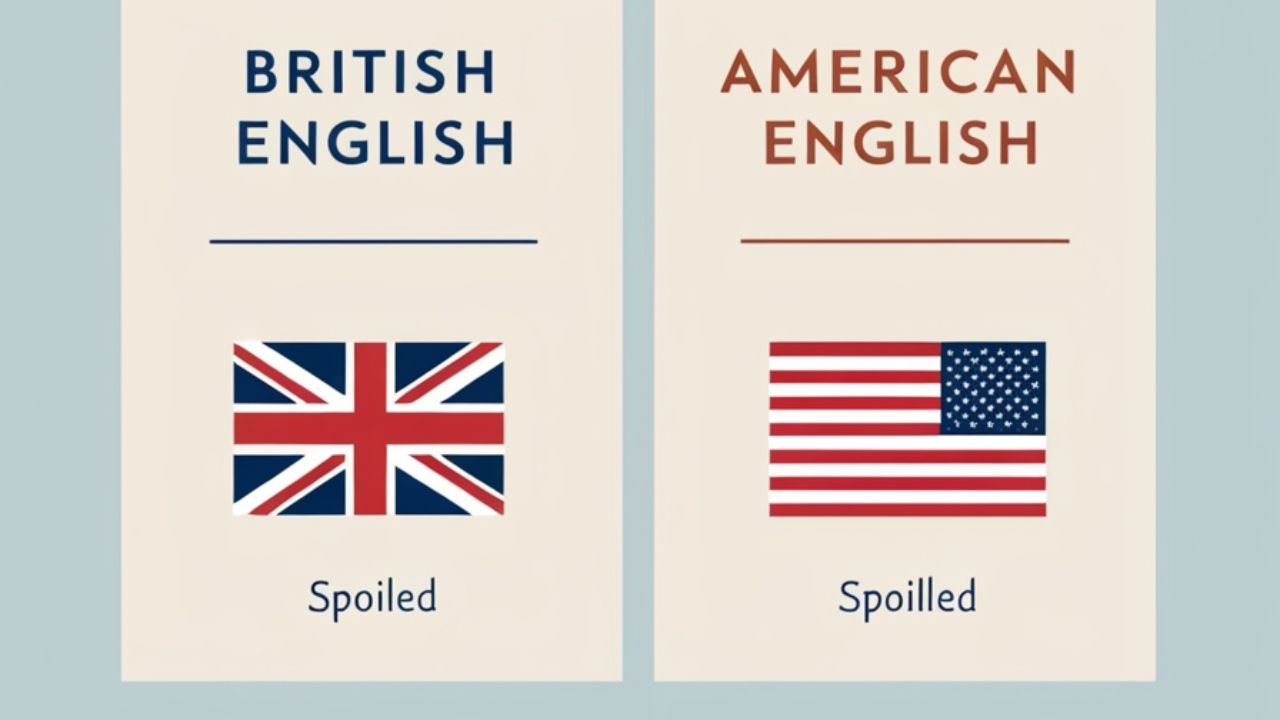
The word spoiled means something that has gone bad or been treated too gently. People use it in many ways, ...
Read more









